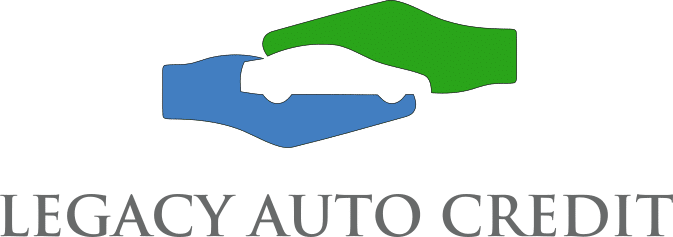COVID-19 Scams
During world changing events scammers see their chance to play on peoples fear. Please be vigilant with giving information and money at this time.
Text messages from the red cross asking if you would like free masks are a scam. Please do not respond to this message. The scammers are looking for a way to get into your phone and steal your information. Delete the message and block the number on your phone.
Phone Messages from a supposed government health department calling to tell you that you have tested positive for the COVID-19 virus. This is a scam. DO NOT give any personal information to these people. Please call your doctor for any information on your personal health. Be aware of charities popping up for COVID-19, many are not legitimate. If you would like to help call your local municipality and ask where you can donate or help.
CRA Scams
You are in the middle of your workday or preparing a meal for your family. The phone rings….. Officer Jim Bowman is on the phone from the Canada Revenue Agency (CRA) Federal Criminal department, notifying you that there is a warrant for your arrest regarding your back taxes. You are busy and not thinking clearly. Your first reaction is fear, panicked you ask for more information trying to remember if you could owe taxes. Hopefully, you have heard this before and know to just hang up the phone, NEVER and I mean NEVER give your information, the CRA already has your information and there is no need for them to ask you for it. If you are concerned that the phone call was not a scam, contact the CRA yourself to check on your account.
Lottery Scams
Hearing “YOU WON!” is a thrilling and exciting rush as you think of all the bills you could pay and the items you can buy, now that you have money. Sorry to burst your excitement bubble but legitimate lottery winners DO NOT have to supply their banking information to receive their winnings. Unfortunately, these scams affect the most vulnerable people in society the elderly and the lower income families. Most elderly people are very trusting and do not realize the effects giving your banking information to disguised hackers can do. Lower income families with news of lottery winnings see hope and a future, not hackers and drained bank accounts.
Loan Scams
Scam artists take advantage of the most vulnerable people in desperate need of money or people trying everything to boost their credit score. Red flags to watch out for that will help you distinguish between the scams and the legitimate businesses.
Upfront Fees- If you are asked to send money before the company performs a service this is a red flag. Legitimate lenders must disclose all fees, typically those fees are rolled into the loan, not paid in advance.
Wire Transfers – Never wire funds to an individual. Always ask for the physical address and research to determine if they are legit.
No Interest in Your Credit History – Legitimate lenders evaluate a person’s creditworthiness BEFORE setting up a loan. If no questions are asked about your credit history it is most likely a scam.
Personal Information – Personal information like your social security number, date of birth, bank information and any other personal information can be used to fraud you. Make sure before giving this information you have researched and are sure you are dealing with a legitimate business. Common things to help you spot a fraudulent business are emails with errors in spelling, capitalization, punctuation and/or grammar mistakes. Be wary if the company offers you a free year with no payments or if they do not use credit checks or credit history for approval.
Reviews – Look at the company reviews and read through them, check the company’s website making sure they have an online presence. Remember to protect yourself and your information.
Social Media Scams
By their very nature, social media sites make it easy for us to stay in touch with friends, while reaching out to meet new ones. But how well do you really know these new acquaintances? That person with the attractive profile picture who just friended you — suddenly needs money — is probably some cybercriminal looking for easy cash. Think twice before acting. In fact, the same advice applies even if you know the person.
Picture this: You just received an urgent request from one of your real friends who “lost his wallet on vacation and needs some cash to get home.” So, being the helpful person, you are, you send some money right away, per his instructions. But there’s a problem: Your friend never sent this request. In fact, he isn’t even aware of it. His malware-infected computer grabbed all his contacts and forwarded the bogus email to everyone, waiting to see who would bite.
Again, think before acting. Call your friend. Inform him of the request and see if it’s true. Next, make sure your computer isn’t infected as well.
Protecting yourself starts with taking the time to think about what is happening, ask yourself “does this seem right”? “Is this too good to be true?” Always double check before agreeing to anything and never give out your personal information. Reacting to a situation good or bad should never be your first step, always sit back and think. Protecting yourself and your information is your number one priority.
To protect yourself further go to this equifax link. It will give you further information on what to do if you suspect you have given your information to someone that is intending to scam you. https://www.equifax.com/personal/education/identity-theft/fraud-alert-security-freeze-credit-lock/
Always protect your information and be safe out there.

